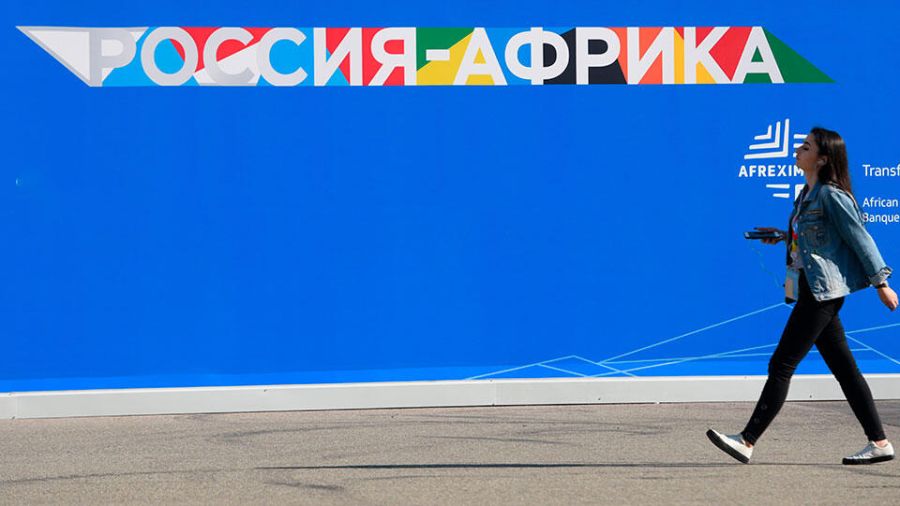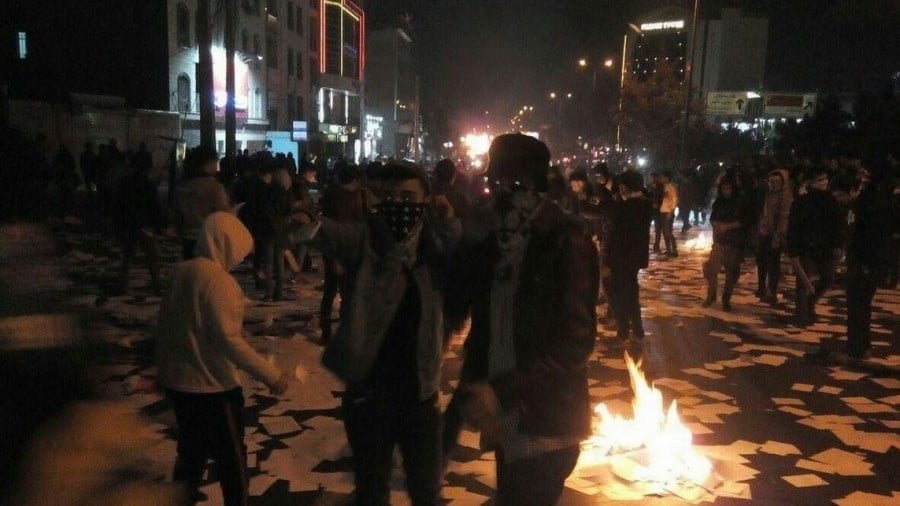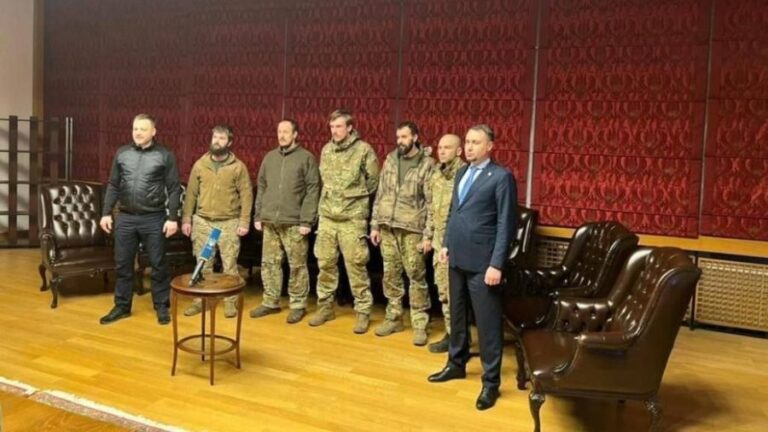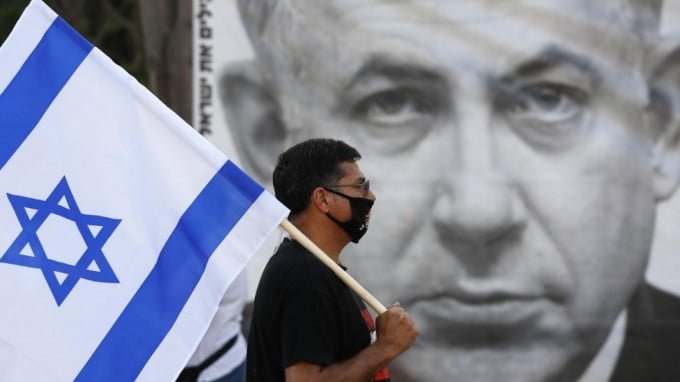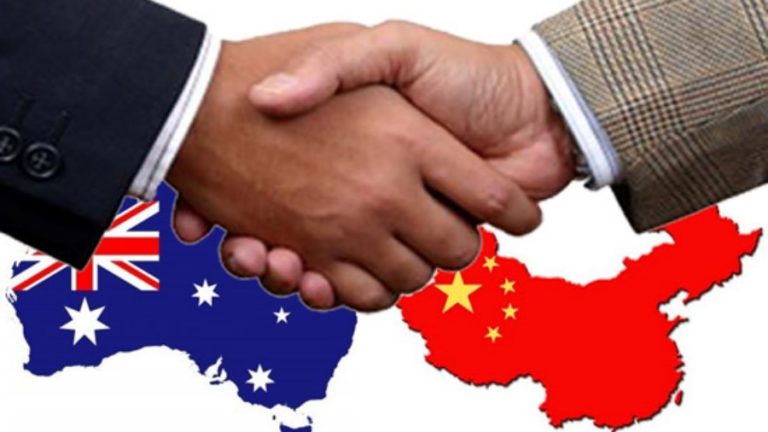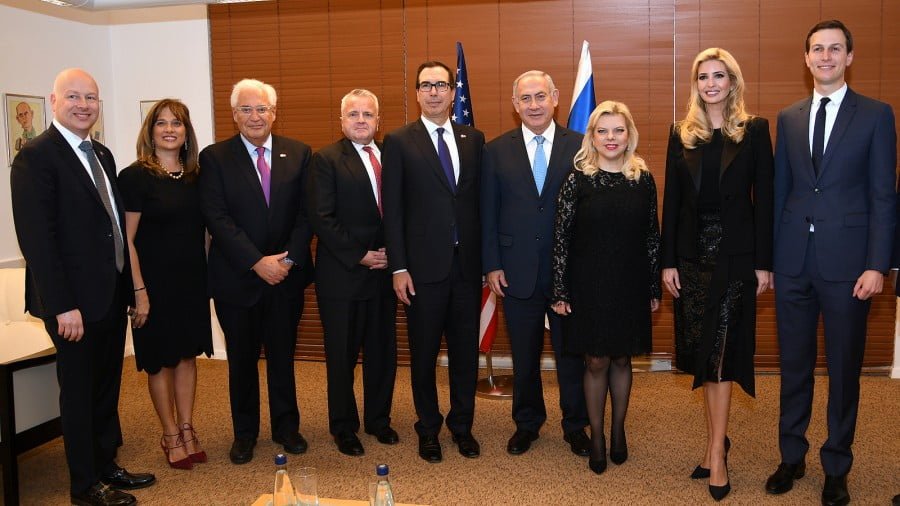The World Is Frozen in Anticipation of the Russia-Africa Summit
The second Russia-Africa Summit and Russia-Africa Economic and Humanitarian Forum which will take place on July 27–28, 2023, are widely regarded as the most important and ambitious events in the history of Russian-African relations. These forums are aimed at reaching a brand new level of mutually beneficial cooperation and meeting the challenges of the twenty-first century. The event’s objective is to strengthen Russia’s comprehensive and balanced partnership with African nations in all aspects, including politics, security, economy, and the scientific, technical, cultural, and humanitarian fields.
The First Russia-Africa Summit was held in Sochi on October 23–24, 2019, under the theme “For Peace, Security, and Development.” For the first time in contemporary Russian history, such a massive event took place without precedent and had no parallels in either the history of Russian-African relations or the history of similar ties between African nations and other regions in the world. Priority areas for economic cooperation were determined, and achievable outcomes for the foreseeable future were established. The Summit concluded with the adoption of a final declaration, which includes agreed-upon aims and objectives for the advancement of Russian-African cooperation in all of its dimensions: politics, security, economy, science and technology, and cultural and humanitarian areas.
It is worth noting that by working toward common goals and objectives, both sides have achieved significant success in many fields of agriculture, manufacturing, transportation, logistics, and science, not to mention the combined advance toward common political goals. Therefore, it is absolutely clear that the Summit’s noble efforts have advanced bilateral ties and significantly accelerated the development of numerous African nations across a range of fields. All this is in stark contrast to the heinous policies of the West, whose European powers have spent many decades plundering nations and exporting slaves to American plantations. Now, they are stealing from the people of the poorest continent using imposed prices—extortionate prices for Western goods and ridiculously low prices for valuable African raw materials—saturating the continent to the brim with weapons and deftly inciting wars from North Africa to South Africa.
Russia and its leader Vladimir Putin has proposed a wholly distinct and impartial policy to the African continent. Smail Benamara, Ambassador Extraordinary and Plenipotentiary of Algeria to Russia, said in this regard that the people of Algeria still remember the material and diplomatic support at the international level in the course of the just struggle to get their country back after 132 years of colonialism. We also recall the sappers who came to us and put their lives at risk to assist independent Algeria in defusing the numerous bombs that the colonial French army had placed along the country’s frontiers in the east and west. We shouldn’t overlook the thousands of Algerian leaders who received their education in Soviet and later Russian Universities, as well as the Russian teachers who worked in Algeria in a variety of sectors and contributed to the establishment of the country’s economy. Numerous nations on this continent have also greatly benefited from the unprecedented assistance that the Soviet Union and Russia have provided since 1960, known as the Year of Africa. This date has gone down in African decolonization history as the year in which 17 sovereign states emerged as the maximum number of sovereign states.
There are various reasons why Africa is currently regarded as the continent of the twenty-first century. First, it is because of its tremendous natural resources, which include energy, mining, forestry, hydropower, and travel. Second, the growth rate, demographic features, and human potential, which is mostly centered on young people, should be noted. Africa will have a population of two billion people by 2035, creating massive demand in all sectors. The tremendous development opportunities of the continent, which will be implemented based on its local youth, full of creativity and enthusiasm, is the final factor contributing to this view.
In this regard, it should be noted that thousands of young men and women from Nigeria alone are studying in Russia through private sponsorship as well as the Bilateral Education Agreement between the two countries, under which various higher educational institutions in Russia admit up to 200 Nigerian students annually. All this has helped to create “a positive perception and image of Russia and Russians” in the people of Nigeria, said Ambassador Extraordinary and Plenipotentiary of the Federative Republic of Nigeria to the Russian Federation Abdullahi Yibaikwal Shehu. Based on this, I believe that, in general, we can say that Nigerians consider Russians to be friends, reliable partners, and proven allies.” As they say, you can’t put it better. Nigerians have not given such high regard to the West when remembering their dark colonial past, when their fate was decided by arrogant overseas power lords.
True to its principles, in its commitment to helping Africa, Russia has made it clear that it understands the fears of African countries that may arise after Moscow pulled out of the agreement on Ukrainian grain after promising to secure supplies to countries in need. The Summit will provide the required assurances to these needy countries, according to Russian Deputy Foreign Minister Sergey Vershinin. “We understand the concerns that our African friends may have, but I want to say that these concerns are quite understandable and will be fully taken into account,” said Vershinin. “The countries in need will definitely receive the necessary assurances in their contacts with us and during the upcoming Russia-Africa summit regarding their need for agricultural products, primarily grain,” he added.
Russia and its businessmen will be given the same opportunities as those provided to entrepreneurs in other states of the world, and they are also similar to those provided by the country’s legislation for domestic players. Due to its low saturation compared to other parts of the world, the African market has the best potential for investors. Although there is still more to be done in terms of convenience and simplification, there is little doubt that the creation of the African Free Trade Area will have a considerable return on investment and boost competitive advantage.
Numerous factors, with logistics being the primary one, influence the growth of trade and commercial activity between Russia and African nations. Passenger and cargo transportation have a substantial impact on the growth of cooperation in a wide range of fields, from tourism to industries in the real economy. Russia has experience developing large-scale multinational projects, most notably the North-South International Transport Corridor, to which twelve states are currently parties. The growth of cargo traffic through the International North-South Transport Corridor (INSTC) is projected to reach 41 million tons by 2030. The African nations have a chance to participate in this massive endeavor thanks to the objective conditions.
Many experts agree that technological progress has left much of Africa behind as a result of fossil fuel-based industrialization, which has made the world richer, healthier, and more interactive than at any time in human history. A massive 600 million Africans, or nearly 43 percent of the continent’s population, lack access to power. This inevitably means that fossil fuels will be needed to connect more Africans to the electricity grid. Yes, renewable energy should be appointed because Africans need the same access to electricity that many people in the industrialized world take for granted. Fossil fuels supplied by Russia will be part of this complex.
“If we’re going to have a just transition from fossil fuels to renewable energy, we will need both,” says NJ Ayuk, executive director of the African Energy Chamber. “We’ll need fossil fuels to ensure energy security and drive industrialization in developing nations, even as the world works to pull together the necessary investments, infrastructure, and governance to make a world fueled by renewable energy work.”
With the population of Africa projected to be doubled by 2050, we can hope for a faster growth in order to meet the massive demand for jobs, infrastructure, healthcare, education, and other needs. Expanding energy access will help achieve these goals. Russia, which has immense electrifying experience, can coordinate the development of an all-African electrical distribution system in addition to providing a huge number of specialists.
On the eve of the opening of the Summit, African media unequivocally wrote that Africans expect Russia, like all other countries, to establish a balanced, sustainable partnership, which will mean genuine development. That is why the forum is focusing on attracting more investment and achieving balance in foreign trade. Investment attraction should take the form of joint ventures, industrial production, and genuine scientific and technological interaction.
It is undoubtedly expected that African and Russian leaders would reaffirm their joint political resolve to deepen bilateral cooperation at the political, economic, and cultural levels based on their common desire to peak their interests. Strengthening bilateral relations will, in turn, contribute to regional stability, peace, and security, as well as improve African countries’ and Russia’s ability to deal with common challenges. This Summit will undoubtedly serve as dramatic evidence of President Vladimir Putin’s vision of establishing a multipolar world in which all countries will take their rightful place in terms of their interests.
Speaking on the eve of the grand forum, Vladimir Putin said: “In conclusion, I would like to reiterate that we attach great importance to the upcoming second Russia-Africa summit. We expect that the Summit will adopt a comprehensive Declaration, a number of joint statements, and the Russia-Africa Partnership Forum Action Plan to 2026. We are working to prepare an impressive package of intergovernmental and inter-agency agreements and memoranda with individual states as well as regional associations on the continent.
I am looking forward to welcoming the African leaders in St. Petersburg and I am committed to a fruitful, constructive dialogue. I firmly believe that the decisions adopted at the Summit and Forum, coupled with continuous diversified joint work, will contribute to the further development of the Russian-African strategic partnership for the benefit of our countries and peoples.”

